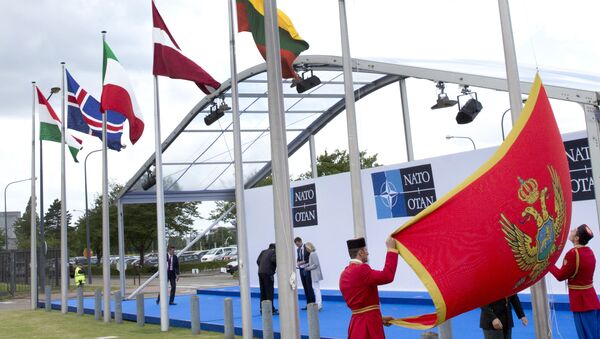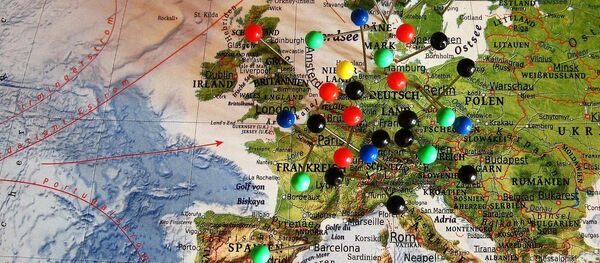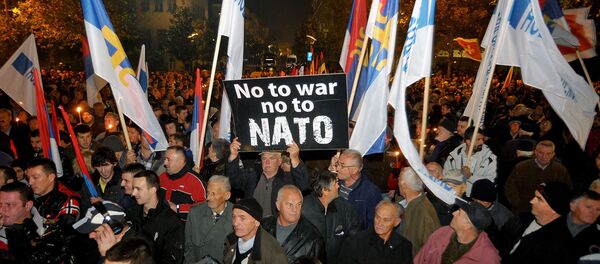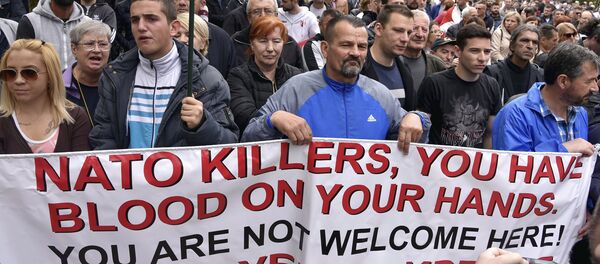Right after the accession, Montenegro-based Centre for Democracy and Human Rights (CEDEM) conducted a public opinion poll, which revealed that 39,8% still don't support the alliance, against 38,7% who hailed the new military membership. 21,5% have no opinion on the issue.
Sputnik Serbia discussed the results with military analyst Miroslav Lazanski who explained why he doubts the objectivity of the results. He thinks that there are a lot more who object.
"The majority of Montenegrins, 80% called for the issue to be put to the referendum, and not to be made by the country's authorities. I think 60-70% are against the membership in the alliance and I don't believe these results," he told Sputnik.
Its stated mission is "to advance and spread conscience on importance of proper and successful democratic transition; to research, analyze and follow process of transition as well as to influence on transitional process in Montenegro and contribute to the strengthening of civil society and democratization in general."
The list of its partners however seems to be very revealing: it lists, among others, the US Embassy in Montenegro, Open Society Foundations of George Soros and The German Marshall Fund of the US.
Anyway, even such a small preponderance of those against makes Montenegro a unique NATO member state, military analyst, historian Bojan Dimitrijevic told Sputnik.
"I can suggested that in the countries of the first group, NATO has long become part of their foreign and internal policies and there is no dilemma about the membership. While in some countries of the second group there were certain doubts about the membership. These countries perceived NATO as a way to get closer to the membership in the EU. However it is quite hard to tell now whether there are still large groups who are against NATO, apart from the extreme leftists," he told Sputnik.
Bojan Dimitrijevic however noted that in case of any instability in the region, the fact that Montenegro has voluntarily transferred all issues of its national security to NATO, might become a problem. This exactly what had happened to Macedonia in 1990s, which had then voluntarily transferred all the leverages of its national security to the alliance.
It resulted in very negative consequences in the beginning of 2000s, when the country was marred by the military conflict with the Albanian separatists, he concluded.





